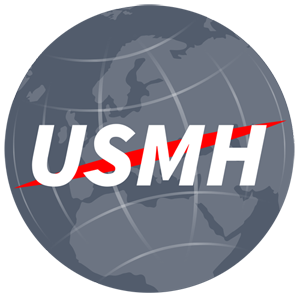Seagrass/seaweed meadows represent over-looked diversity hotspots. They are key contributors to the production and accumulation of organic matter, and thus a significant factor controlling biodiversity and sedimentation in the shelf areas. In the fossil record their role and significance has not yet been fully understood. Since seagrasses/seaweeds are not well predisposed for fossilization, the primary aim of this project is to use a set of indirect markers/proxies (combination of paleontology and organic geochemistry) to be able to identify them in the fossil record. Further, this project will analyse fossil seagrass/seaweed ecosystems from several case studies from the Phanerozoic to evaluate the contribution to the overall shelf biodiversity, and to summarize pilot data regarding the biodiversity increase since the early Phanerozoic. The expected biodiversity increase is based on the assumption that the seaweed/seagrass meadows represented ecosystems characterized by unique gradual coevolution of autotrophic seagrasses/seaweeds with specific groups of heterotrophic organisms
23-05217S, Standart projects
Grant Agency Czech Republic
2023-2026
Prof. Katarína Holcová
Charles University Prague, Faculty of Science
Dr. Martina Havelcová
Institute of Rock Structure and Mechanics of the CAS
